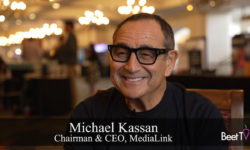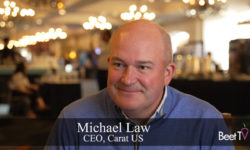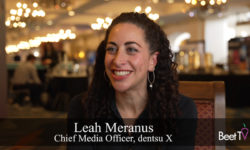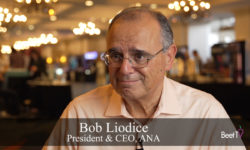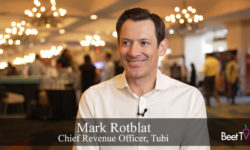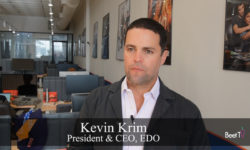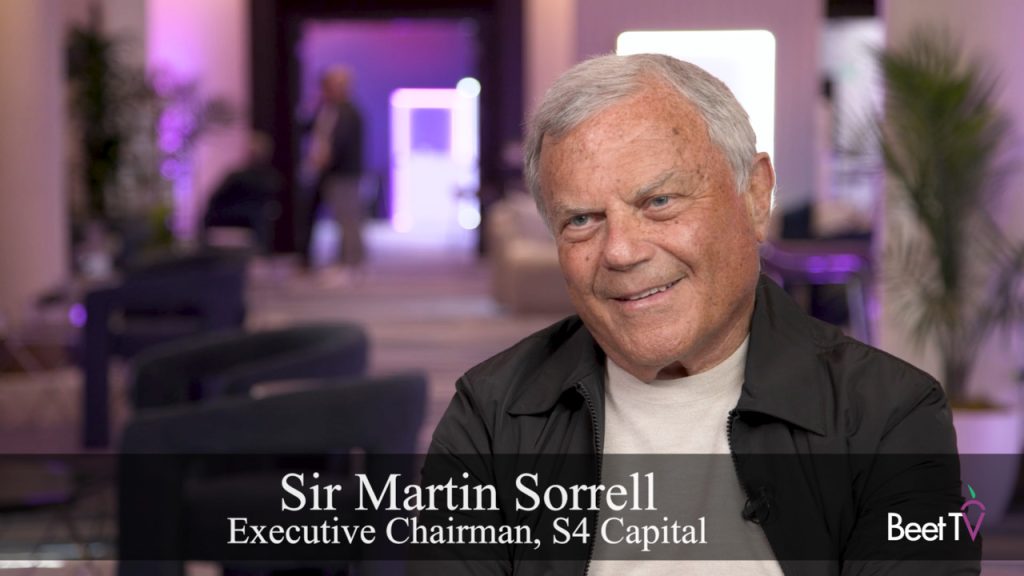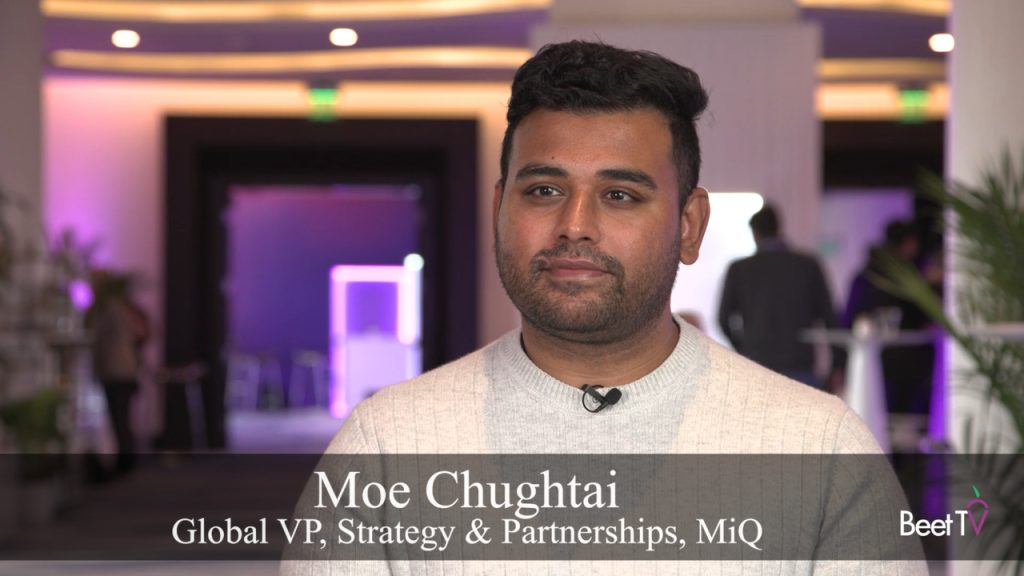Using artificial intelligence to identify social media conversations in which to best place an ad? Priceless.
Mastercard is a brand sitting on top of a lot of customer data.
In this video interview with Beet.TV, Raja Rajamannar, Chief Marketing Communications Officer & President, Healthcare Business, Mastercard, explains how he is tapping customer data and social signals to boost ad performance.
Dynamic ad creation
The company developed a “digital marketing engine” in Singapore, used to predict “micro trends” – a social conversation likely to last for three days at the most.
“Just as we predict it, we try to figure out, within our repository, is there any conversation, any communication, any offer or any product that we can talk about in the context and against the backdrop of that communication to the consumers in a highly targeted manner where the conversations are actually happening?,” Rajamannar says.
“We are able to create simple ads at this point in time. We dynamically optimise, constantly improving the ad even as the flight is on, and then we serve it and then we measure the returns in real time.
“This has actually resulted in enhancing our returns, the performance, I would say by as much as 2x to 8x.”
Data for measurement
Rajamannar says Mastercard has “an unusual advantage” – the ability to see real-time customer data, using it to ascertain what is working from a marketing perspective.
“We know whether the TV ad or any other form of ad in a different geography is making any difference or not.
“We even acquired a few data analytics companies to look into the data that we have … It’s working very well for us and we have a few proprietary models that we have invested in and developed very successfully.”
Three big trends
TV Must Leap Into Metaverse’s The Fifth Paradigm: Mastercard’s Rajamannar
Rajamannar is now a published author. He says TV “still has huge scale”, but he says three megatrends shaping communication are…
- Technology tsunami – an explosion of new opportunities.
- Data deluge – more data created than ever before.
- Cultural conversion – social change is quickening.
“It’s not just about diversity and inclusion in terms of what really matters,” he says.” In fact, the pandemic has really helped people reset a lot of priorities and they started asking themselves what matters to life.”
You’re watching “Assessing TV Performance in a Changed Landscape,” a Beet.TV Leadership Series produced at the 2022 ANA Masters of Marketing, presented by EDO. For more videos from this series, please visit this page.






